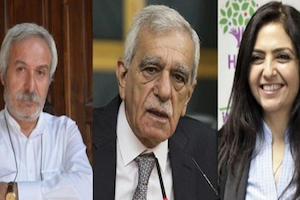Turkey and the United States: A Relationship Restored?
By Barçın Yinanç
March 11, 2024
The diplomatic traffic between Ankara and Washington on handling Sweden’s NATO entry process is emblematic of the erosion of trust between the two allied countries. Nonetheless, Turkey’s ratification of Sweden’s NATO membership and the Biden administration’s subsequent acquiescence to the F-16 sale to Turkey – and the suggestion that Turkey might even be invited back to the F-35 program if it gets rid of its Russian S400 missiles – have restored the bilateral relationship, even though there is still a gap of mistrust between the two allies that will take time to bridge. The crisis in the Middle East compels the U.S and Turkey to cooperate closer but Ankara and Washington will still need to make a sustained effort to rebuild their mutual confidence that the missteps of both sides have eroded.
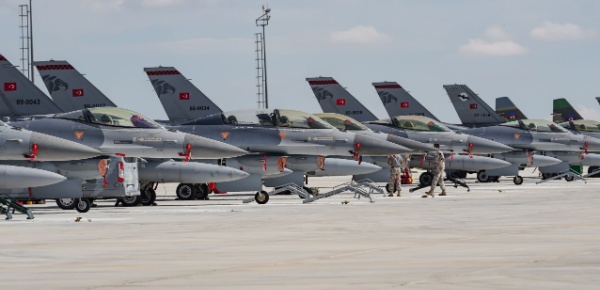
Closing Down Democracy – The Prosecution of the HDP
By Sarah Glynn
March 10, 2022
Despite the Turkish government’s current efforts to portray itself as a peacemaker who cannot countenance unprovoked aggression, its assault on the Kurds continues both within and beyond Turkey’s borders. Turkish democracy, always a sickly creature, is undergoing a judicial asphyxiation. Tens of thousands of opposition figures are in prison, including thousands of members of the third largest party in the Turkish Parliament, the pro-Kurdish, leftist Peoples’ Democratic Party (HDP). Two ongoing court cases could see leading party members jailed for life, and the enforced closure of the party. These cases commit the state even further to violent suppression of Kurdish hopes rather than a political solution.
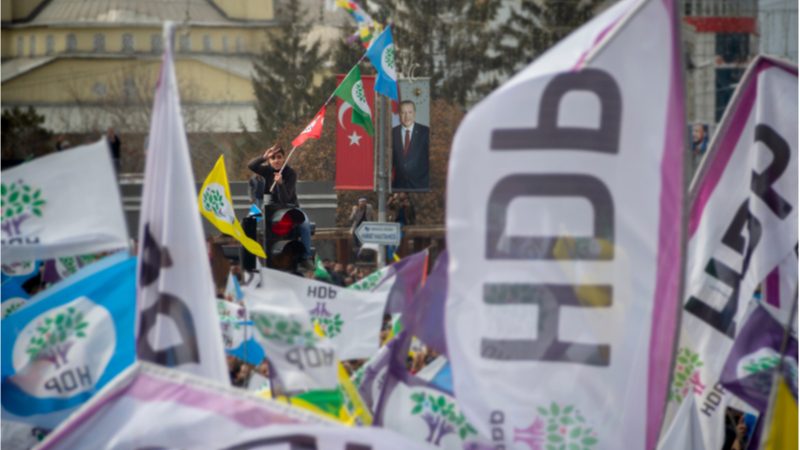
Is There Any Solution to Turkey’s Kurdish Problem?
By Halil Karaveli
September 29, 2021
While a solution to the Kurdish problem will likely continue to remain out of reach, Turkey has no alternative but to muddle through, alternating between cautious reform and clampdown. Turkey can only hope that regional developments, and in particular American policies in its neighborhood, will not contribute to bringing things to a calamitous head between Turks and Kurds. The recent decision of the United States to allocate $170 million to the Kurdish militia in Rojava will certainly not alter the perception in Ankara that it faces an American-Kurdish threat against which it must remain vigilant.
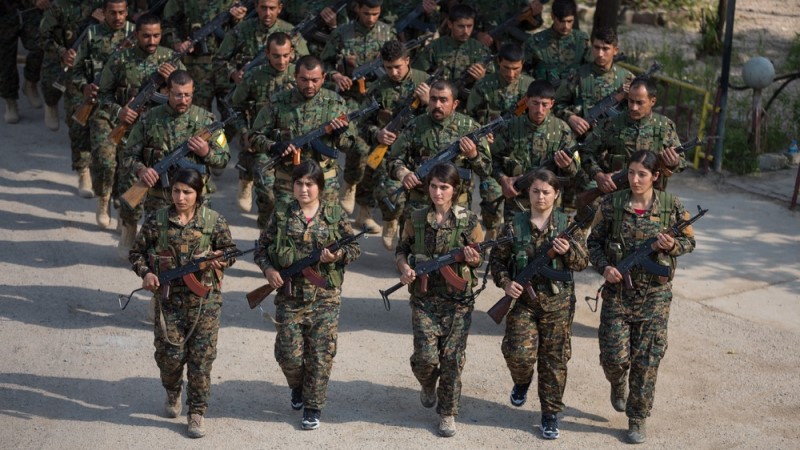
Sedat Peker and the Return of Turkey’s Violent Far Right
By Ryan Gingeras
June 17, 2021
As the Turkish public grapples with the repercussions of a crippled economy and a grinding pandemic, Turkey’s twitter-sphere, as well as much of its press, remains transfixed on the revelations of Sedat Peker. The videos reinforce certain realities regarding the Turkish state’s relationship with organized crime and with the violent far right. The impact of this reputed gangster on Turkish politics speaks to the influence of the country’s far right, which fits neatly within the country’s broader historical development since the 1970s. Peker’s videos are a reminder of the obstacle to democratization that the far right networks in the state represent.
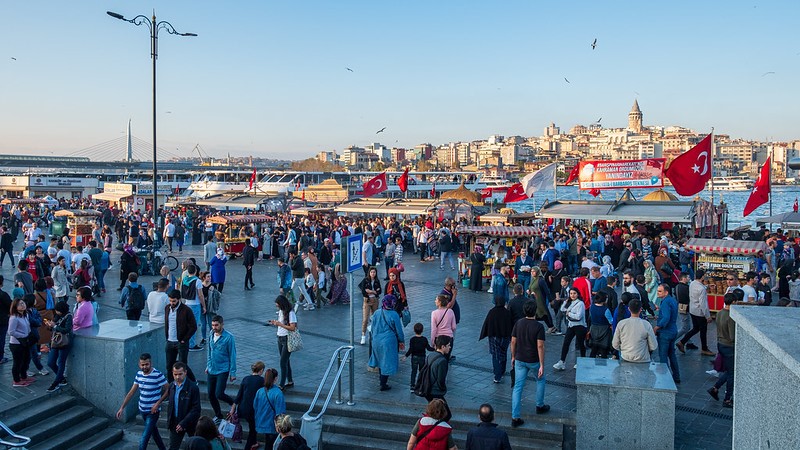
Kurdish Mayoral Dismissals: Narrowing Political Spaces, Widening the Distance from Ankara
By Gareth H. Jenkins
September 4, 2019
The removal of the democratically elected mayors of three municipalities in the predominantly Kurdish southeast of the country and their replacement with government appointees has dealt yet another blow to Turkey’s already tattered democratic credentials. Although it is unlikely to lead to an imminent sustained increase in violence or civil unrest, by further excluding Kurds from political processes the government is exacerbating the already growing belief in the southeast that their future lies in some form of detachment from Ankara.
